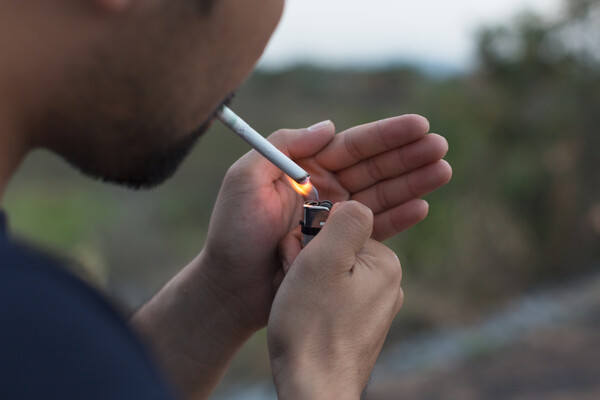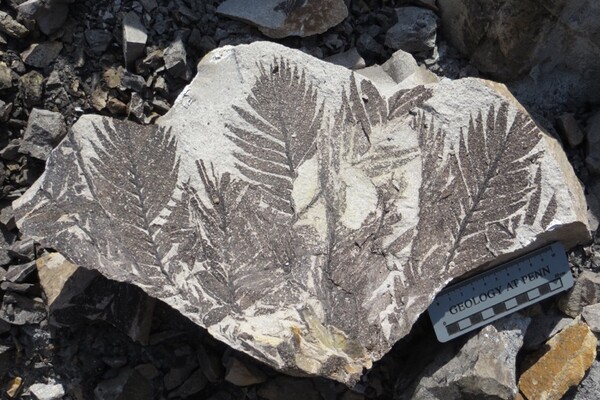
Ash from a volcanic eruption 300 million years ago helped preserve an ancient forest, including foliage of newly characterized noeggerathialean plants. (Image: Hermann Pfefferkorn)

Ash from a volcanic eruption 300 million years ago helped preserve an ancient forest, including foliage of newly characterized noeggerathialean plants. (Image: Hermann Pfefferkorn)

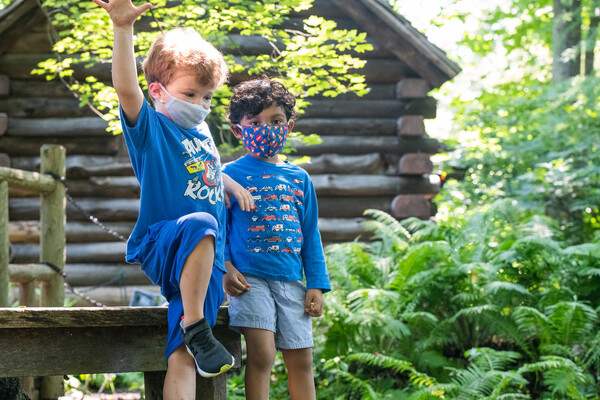
In-person summer camps at the Morris Arboretum are moving forward this year, after having been canceled last year. Safety measures such as mask-wearing and smaller groups will address COVID-19 concerns. (Image: Morris Arboretum)
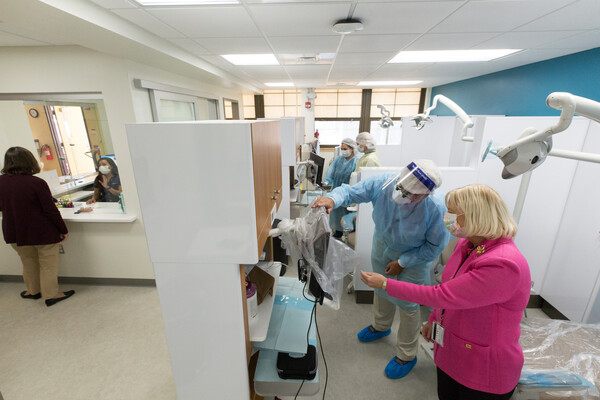
At Sayre Health Center, Penn Dental Medicine expanded from one chair to four to serve the West Philadelphia community. (Image: Mark Garvin)

The event was the result of a close partnership among Penn Medicine, Mercy Philadelphia, and faith leaders from West and Southwest Philadelphia.
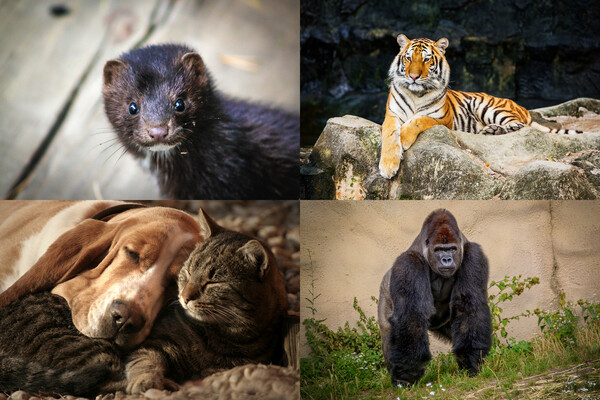
Humans aren’t the only species susceptible to COVID-19. A growing number of other animal species have become infected, posing a threat to the health of wildlife and domesticated animals, and in some cases exacerbating threats to people.

Senior Tsemone Ogbemi, an English major, has been working with the Penn Program in Environmental Humanities on projects that highlight the importance of stories and art in grappling with the climate crisis. (Image: Courtesy of Tsemone Ogbemi)
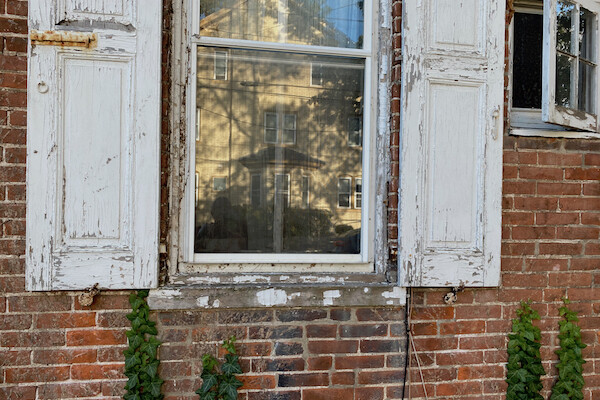
Lead paint can pose a threat to public health, particularly for children. In a new publication, Penn scientists and colleagues underscore the importance of implementing policies that ban the production and trade of lead paint to stop further problems before they start. (Image: Reto Gieré)
